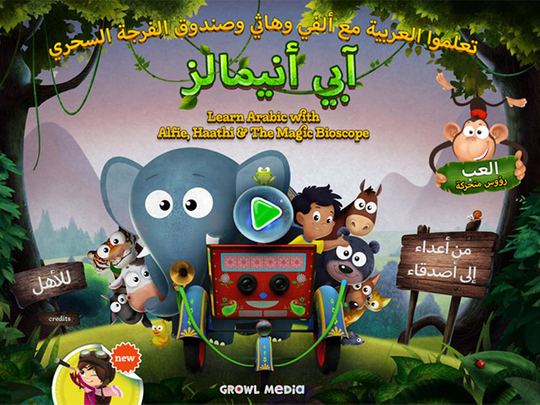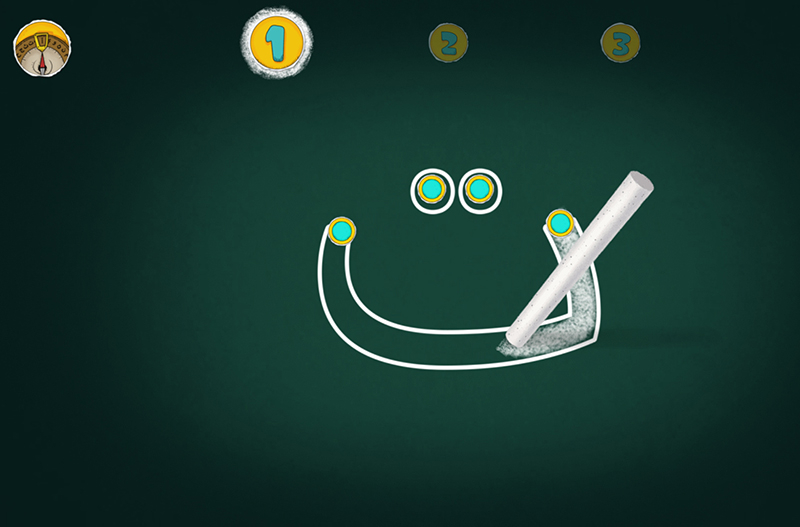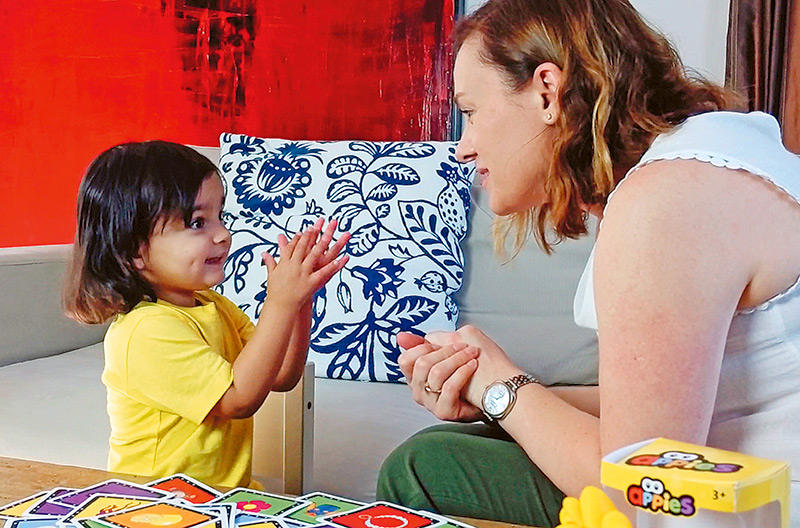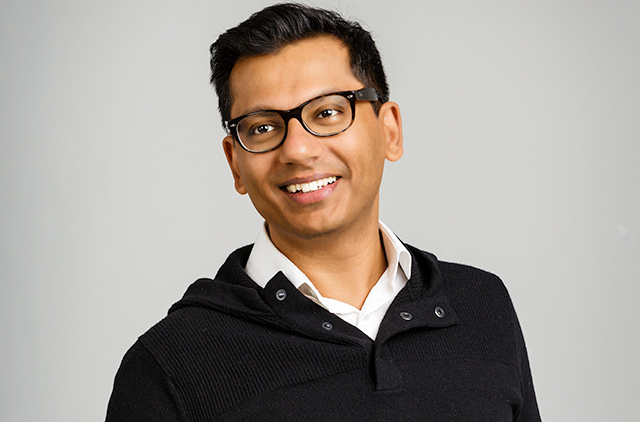
What do you do when you see reading habits falling sharply among children in the UAE? Well, if you are Badr Ward, you whip up a smartphone app that brings them back to reading using a mix of “play, imagination, creativity and exploration”. His iOS app, Lamsa, has been downloaded more than four million times and has also bagged the Arabic E-content Award at the United Nations’ World Summit Awards.
Ward says he wants to transport children from “the mundane reality into a beautiful world where they can be anything they want to, do anything they want to in a world full of love, hope and inspiration”. Apart from introducing children to numbers, alphabet, colours and words, the app also raises awareness about a range of environmental and humanitarian issues. Today, Lamsa has an in-house team of 50 and has partnered with authors, illustrators, publishers and schools in the UAE and Saudi Arabia.
In the UAE, 2016 has been declared the Year of Reading, and a new breed of educational apps and technologically driven initiatives are stepping in to gently veer children away from Candy Crush to a world of interactive reading and learning. During the January 100-Retreat, which brought together 100 influential Emirati figures, 100 ideas and initiatives to encourage reading were tabled. On that list were proposals to launch reading apps and interactive e-publishing platforms, apart from modules in schools and universities to enhance reading skills.
Hotbed for entrepreneurs
They cannot substitute an adult educating his/her kids, but they can certainly carry forward from where the parents leave off. And as an Apple rep reveals, the UAE has become the hotbed for innovations across the region and home to some of the best young entrepreneurs. In the past couple of years, the amount of culturally relevant educational material available for children of all ages has multiplied rapidly.
Interestingly, a recent survey of schoolchildren in Dubai found that the young ones “wished they had more time in the day to read”. Commissioned by the upcoming Emirates Airline Festival of Literature, the survey had another interesting takeaway — more than half of the children who are read to by their parents or see their parents read prefer the habit more than watching television or surfing the net.
And for times when kids want to play, an innovative idea that “bridges the best of digital and physical play” comes in the form of the AppyKids Interactive Play Kit. This educational toy can be used in classrooms or homes and comes with a character that doubles as a phone dock, a smartphone app and more than 60 smart flash cards that interact with the app.
Interest from schools
Dinesh Lalvani, CEO of UAE-based Growl Media and the creator of the Play Kit, says this unique approach to “interaction, practice and production helps children develop their language, numeric, artistic, social and cognitive skills”.
He has been demonstrating the kit at schools in Dubai, and the pre-orders have started coming in. Lalvani believes the way forward is to “create fun, experiential and immersive learning journeys for children, incorporating emerging technologies and providing quality content in their local languages, with their cultural markers”.
Elsewhere, four computer science students at University of Wollongong Dubai worked last year with students at the Gems Wellington School to develop an interactive learning app that delivers feedback on children’s progress in reading and mathematics skills. Named Taleem, it uses speech and audio fingerprinting to understand not only words but also inflections. The app won the People’s Choice Best Project Award at the 2015 UOWD Annual Software Tradeshow.
Award for Arabic
In January, His Highness Dr Shaikh Sultan Bin Mohammad Al Qasimi, Member of Supreme Council and Ruler of Sharjah, announced the second phase of the Lughati initiative, where 3,088 students and 129 teachers in 49 schools in Sharjah will receive tablets installed with Arabic-language educational applications and training programmes. The goal is to utilise modern technology to teach students Arabic. The second phase is estimated to cost Dh15.5 million.
Lalvani points out that the interactive nature of modern educational apps means a child is engaging all her sense in learning. “The element of play makes learning a game, which holds her attention for longer and helps him retain concepts better,” he says. “Through the use of music, animation and story, apps can communicate complex concepts in very easy, digestible ways. It’s fun and children don’t realise that they are learning.”
He adds the scope to extend the learning potential is huge if apps are designed and developed in tandem with educational technologists, balancing the needs of children, parents and teachers.















